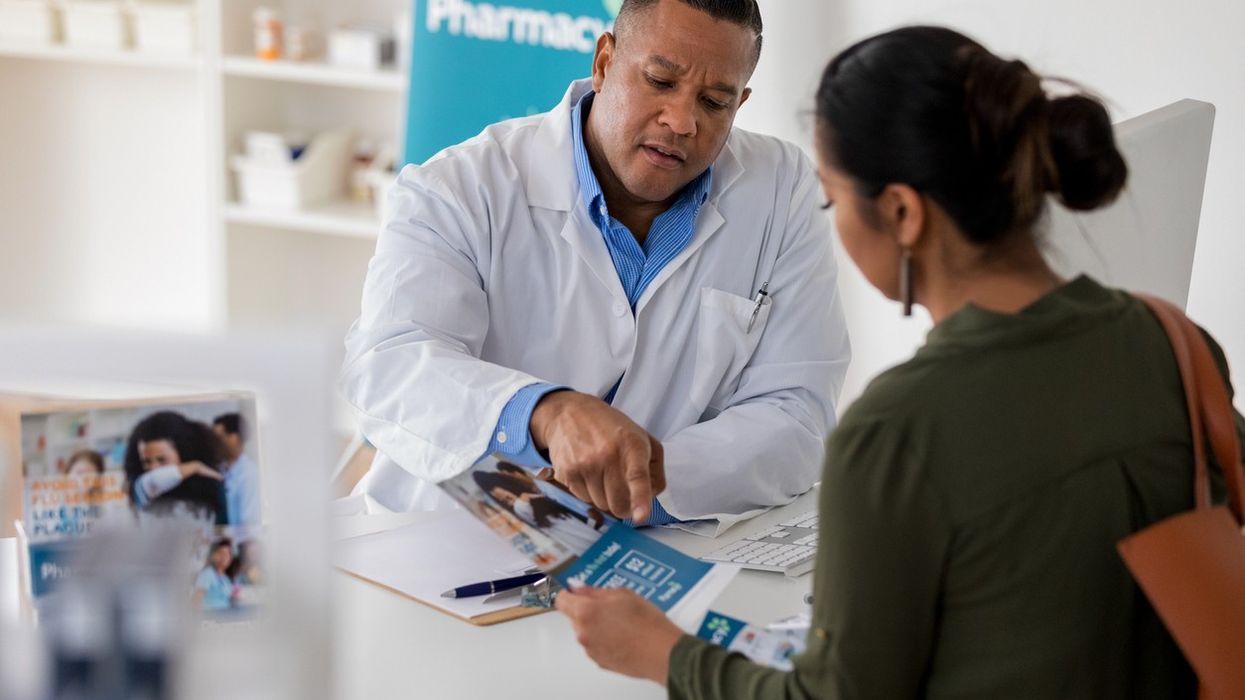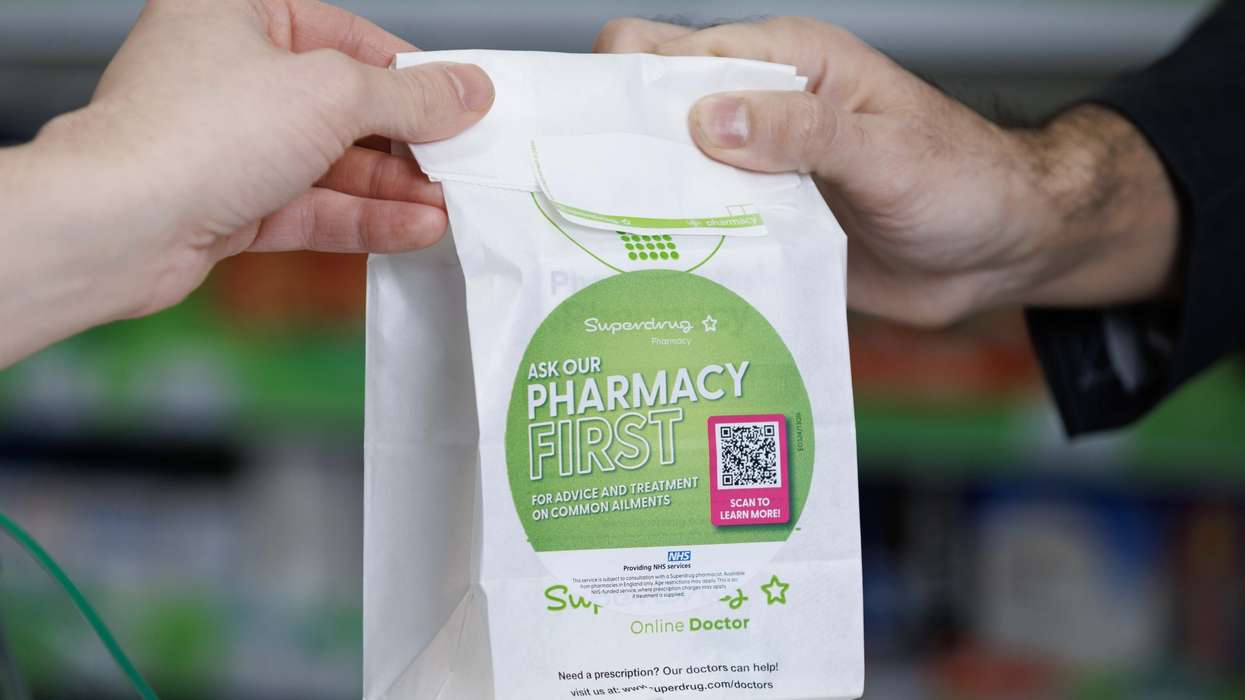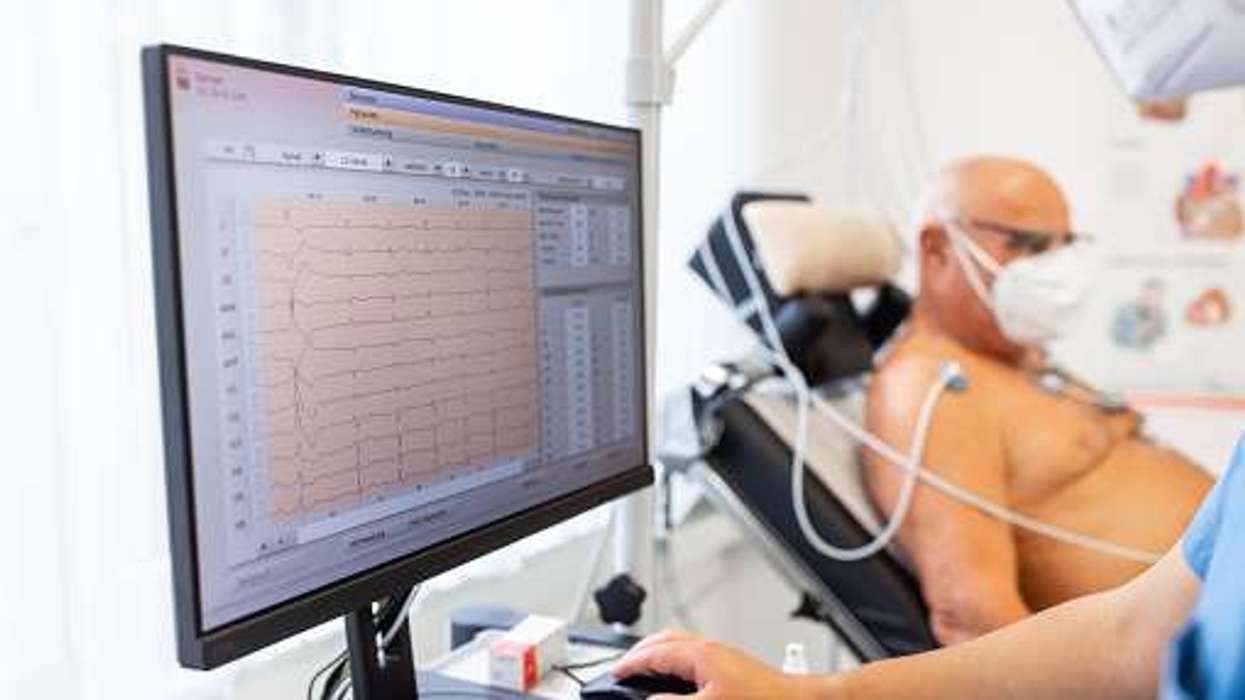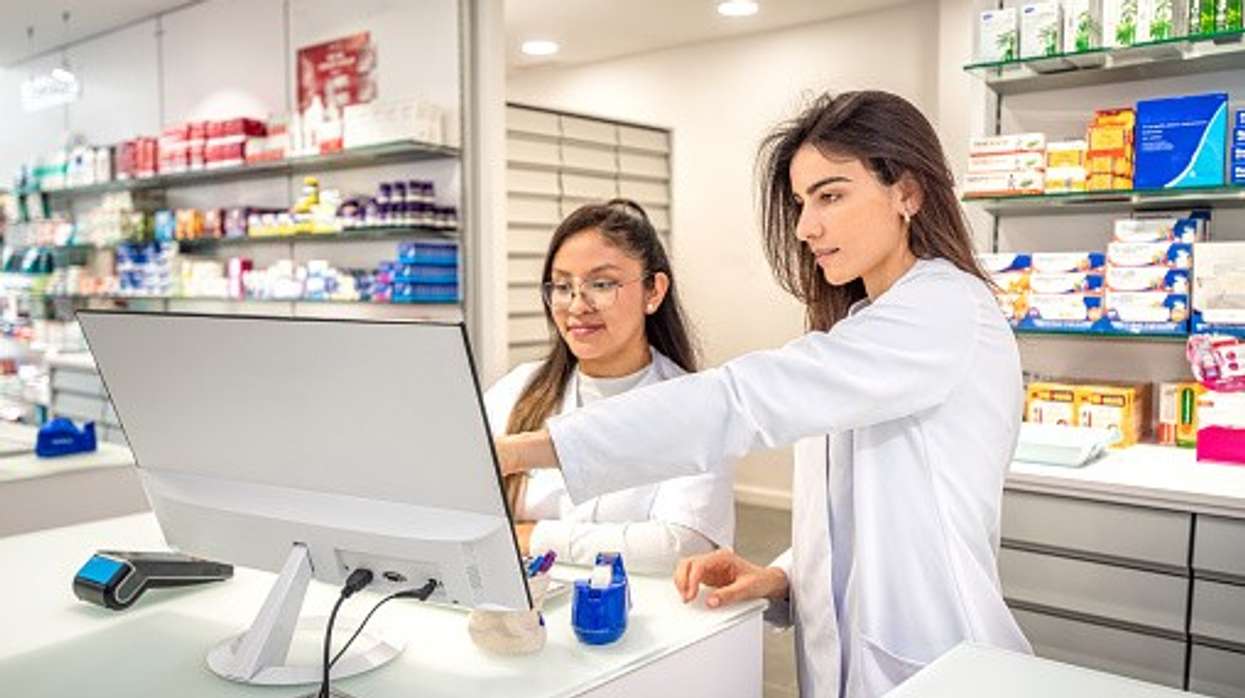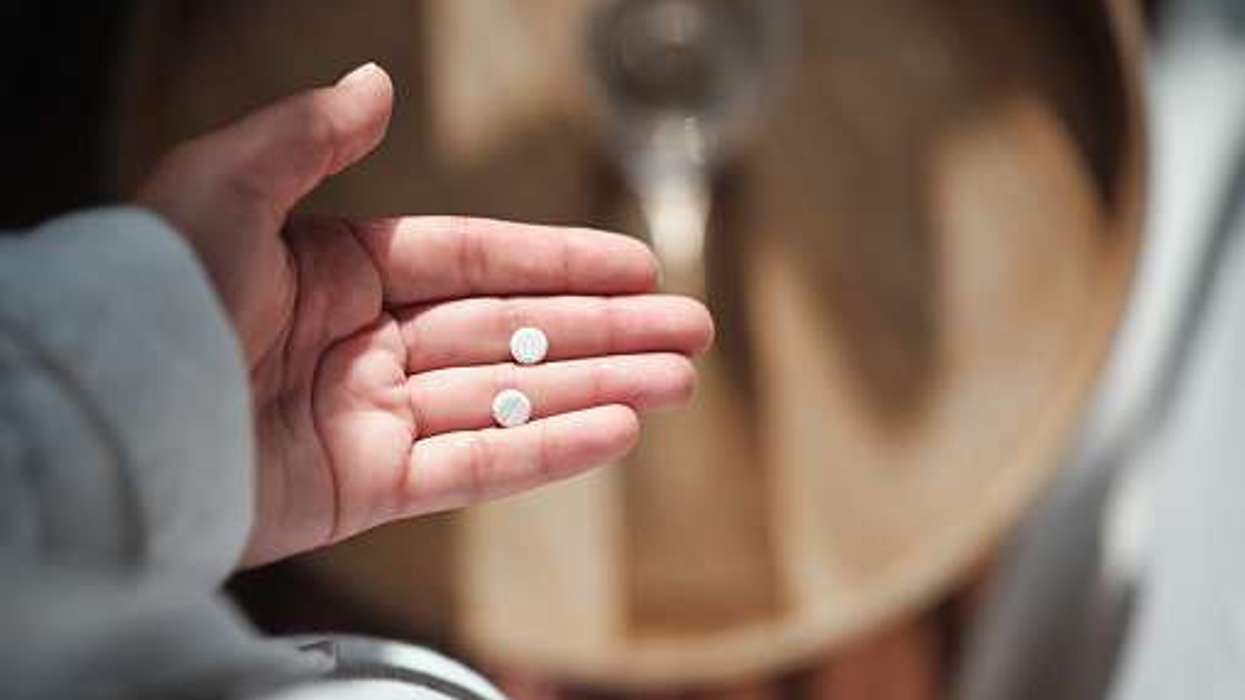A large number of community pharmacies are facing record drug shortages, abuse from customers and funding gap, the survey reveals
The Pharmacy First service, set for launch in England at the end of January, is expected to help reduce some of the pressure on the National Health Service (NHS).
But the question is - Are pharmacists ready to take the extra workload amidst many issues community pharmacies are currently facing?
Nearly 50 per cent of pharmacy workers surveyed by ITV News said they do not feel confident they can provide the new services.
Pharmacy leaders told the British news channel that the industry is already in crisis, and they are facing a “potentially fatal cocktail” of rising prices, major supply problems and a lack of funding.
The nationwide survey revealed that on average eight community pharmacies are closing down per week in the country, and around 1000 have closed in the last one decade.
A total of 980 pharmacy workers across the country were surveyed between December and early January, of which 96 per cent expressed concern that their pharmacies are not “financially viable”.
While 86 per cent of respondents said they cannot fulfil a prescription on a daily basis, over nine in 10 workers surveyed admitted they or their colleagues suffered from verbal or physical abuse from customers.
Nearly 90 per cent of pharmacy owners surveyed said they have had months where they've dispensed medicines for the NHS at a net loss.
The survey also found shortage of more than 100 different medicines, including cholesterol drugs and hormone replacement therapies, which is double the number in 2022.
Vikki, who runs Monkbar Pharmacy in York, told ITV's Tonight programme that due to drug shortages they have to refer patients back to GPs to discuss alternative treatments, which mean "more stress for the GPs, more stress for the pharmacy teams.”
In some cases, patients are taking their frustrations out on pharmacy workers, and many respondents indicated that abuse from customers has increased.
Ian Strachan, a pharmacist, who was interviewed by the channel, said that pharmacies are "truly in a time, in a period where they're at crisis.”
Despite all these issues facing community pharmacies in England, the government wants them to roll out more services to shoulder the burden of a stretched NHS, pharmacy leaders told the channel.
Community Pharmacy England (CPE) and many others in the sector collaborated with the ITV Tonight team over several weeks to highlight the challenges facing pharmacies, and the impact it has on patients and local communities.
The team also interviewed CPE Chief Executive Janet Morrison, who reiterated the impact of global supply issues, increased pressures, rising costs and cutbacks on pharmacies and their patients.
In response to the programme, Morrison said: “The ITV findings on pressures were sadly consistent with our own regular polling of pharmacy owners and with the findings of our Pressures Survey last year.
“Unfortunately, we expect that the results of this year’s survey – which will launch in early March – will make for yet more distressing reading as the situation for pharmacies remains incredibly difficult.
“Capturing this data remains a critical part of our evidence-gathering supporting the case for more funding and support for community pharmacy,” she added.
She encourages all pharmacy teams to make the most of the resources available to prepare for the launch of the Pharmacy First service.








